KUWAIT: Al-Salam Palace Museum recalled the memory of the brutal Iraqi invasion of Kuwait through producing a film titled “Liberation”, coinciding with the 33rd anniversary of the invasion on Wednesday. The film presented the story of the Iraqi invasion and the epic of liberation led by the late Amir Sheikh Jaber Al-Ahmad Al-Jaber Al-Sabah and his Crown Prince and Prime Minister at the time, Sheikh Saad Al-Abdullah Al-Sabah, may God have mercy on them.
The film addressed the role that the people of Kuwait played during liberation, the role of the coalition forces and the United Nations, as well as the Kuwaiti government's efforts to mobilize international support for the liberation and the effects of destruction and human, environmental and economic losses. The film will be screened from August 1-3. The morning period will be allocated to the families of the martyrs and the afternoon period will be for the public. Anyone can book to watch the movie through the museums’ website at https://aspm.com.w.
The film will be screened at the 13th Emir of Kuwait Hall Sheikh Jaber Al-Ahmad Al-Sabah and produced by the Center for Historical Documents and the Amiri Diwan Museums and Offices. The attendees from the families of the martyrs expressed their feelings to the Kuwait News Agency (KUNA), which ranged between the joy of liberation and achieving victory after resistance and sadness over what happened to Kuwait and the loss of the martyrs who lost their lives for the homeland.
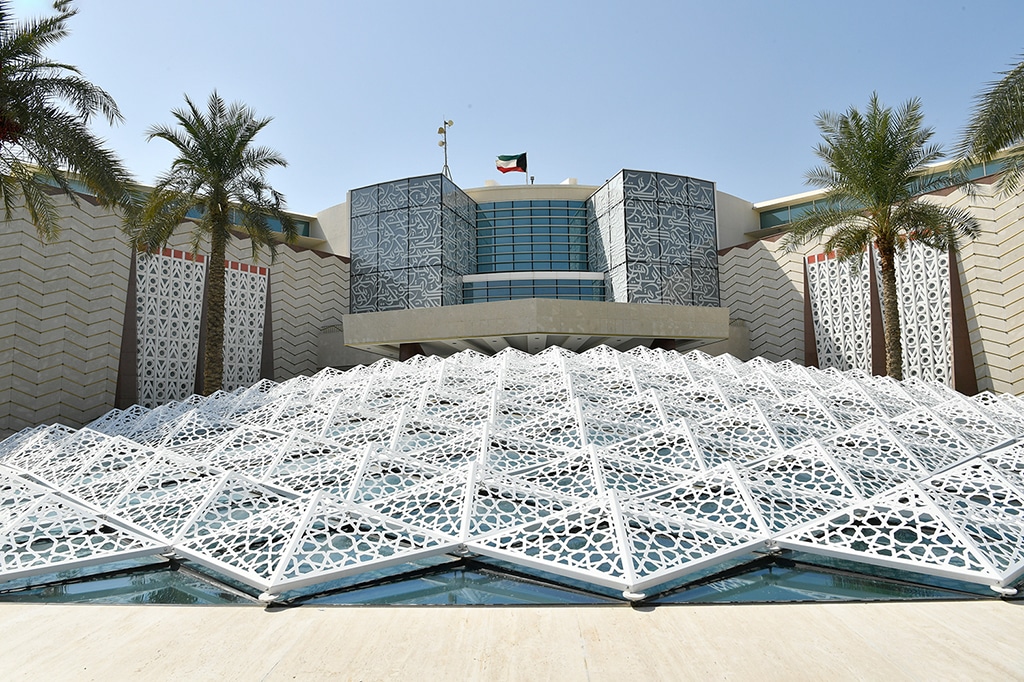
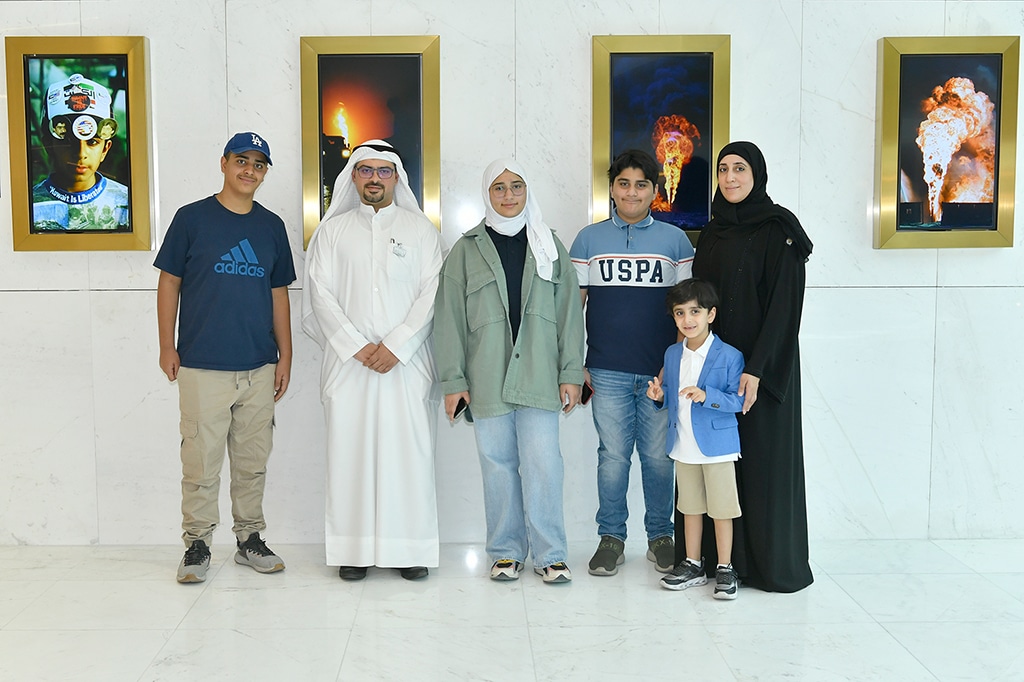
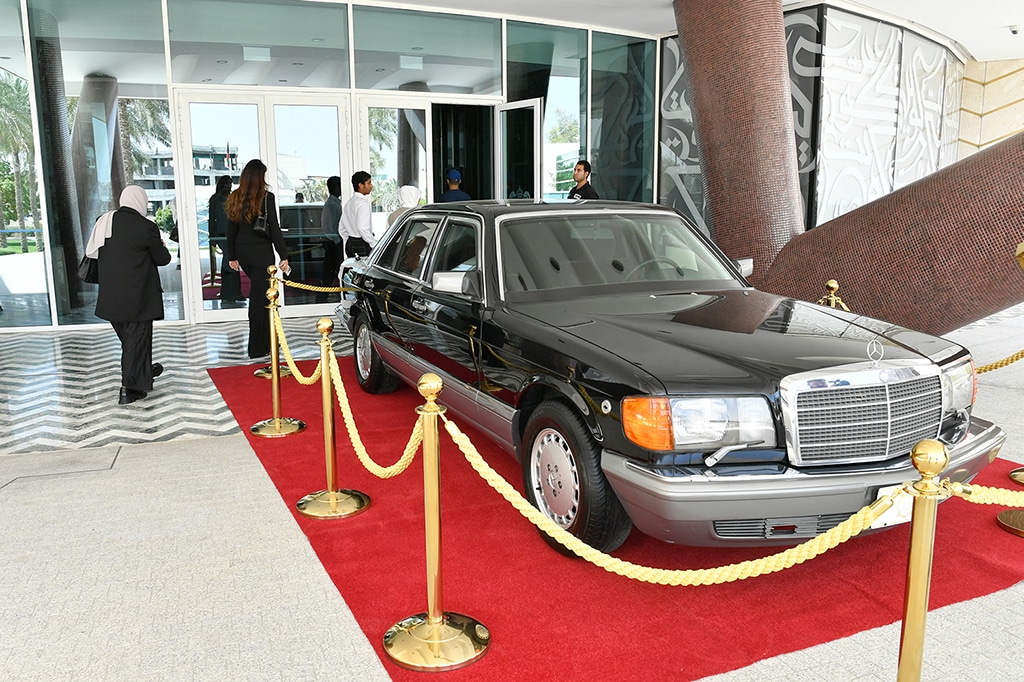
Mahdi, son of the martyr Abdul Wahid Al-Serafi, said: "We came to watch the film with my family and children to emphasize the impact of these national events in consolidating Kuwait's history for generations, commemorating the martyrs and strengthening the children’s national spirit.” Wife of the martyr Zakaria Al-Qadri confirmed: “These national events have a remarkable impact on the hearts of the families of the martyrs,” recalling her husband's capture at the beginning of the invasion until his remains were found in 2004.
An Arab issue
Sahar, sister of Jordanian martyr Ashraf Mahmoud, said that her brother "was born and lived in Kuwait and did not accept that it had been occupied and joined the resistance group.” He was captured, tortured and martyred at the age of 21 on February 5, 1991.
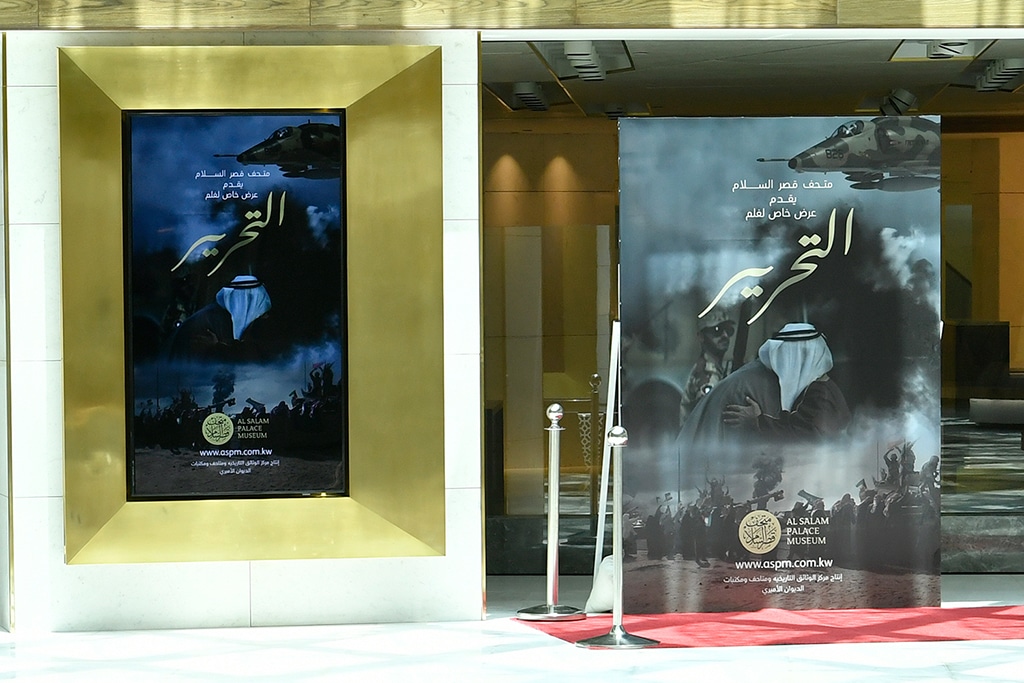
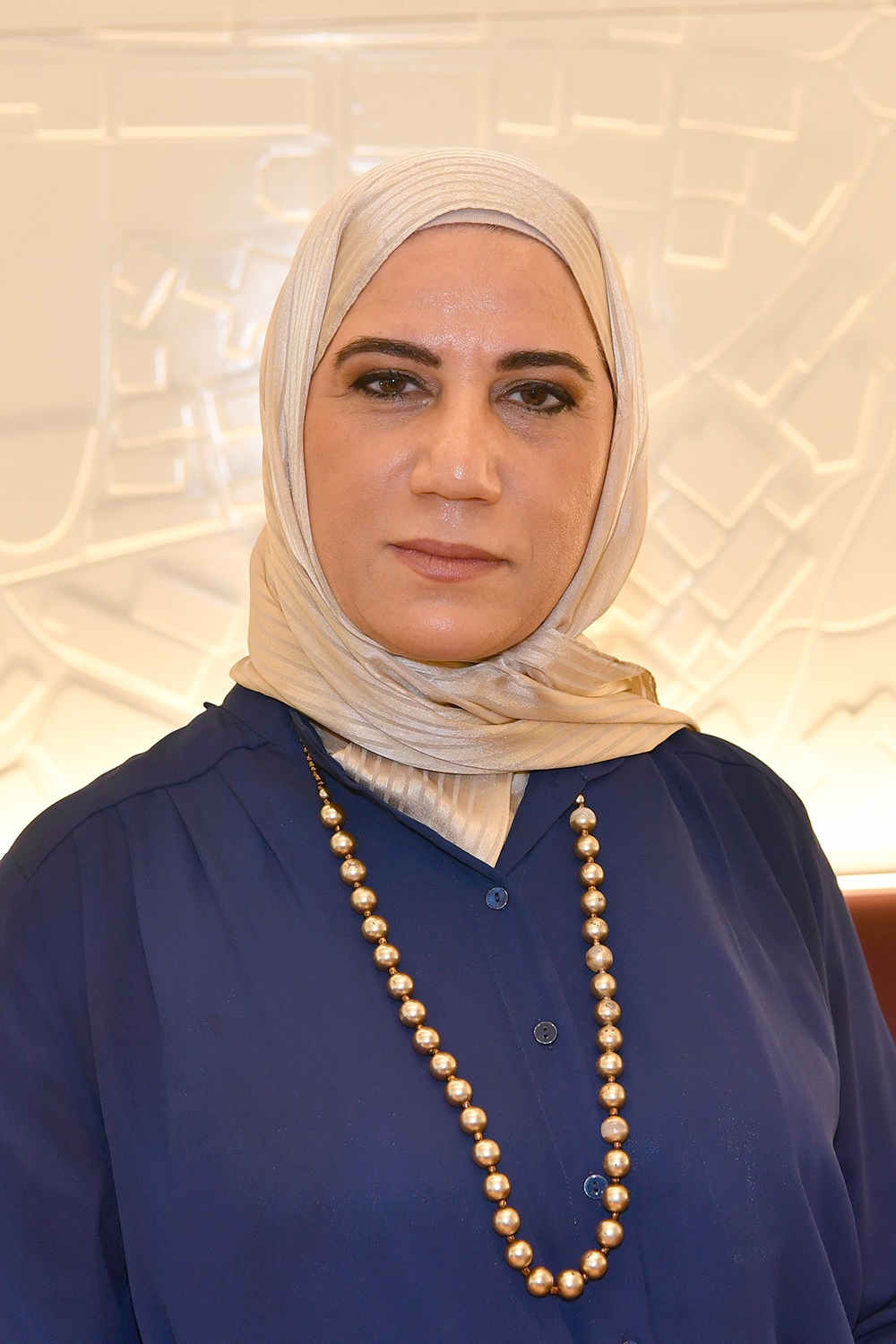
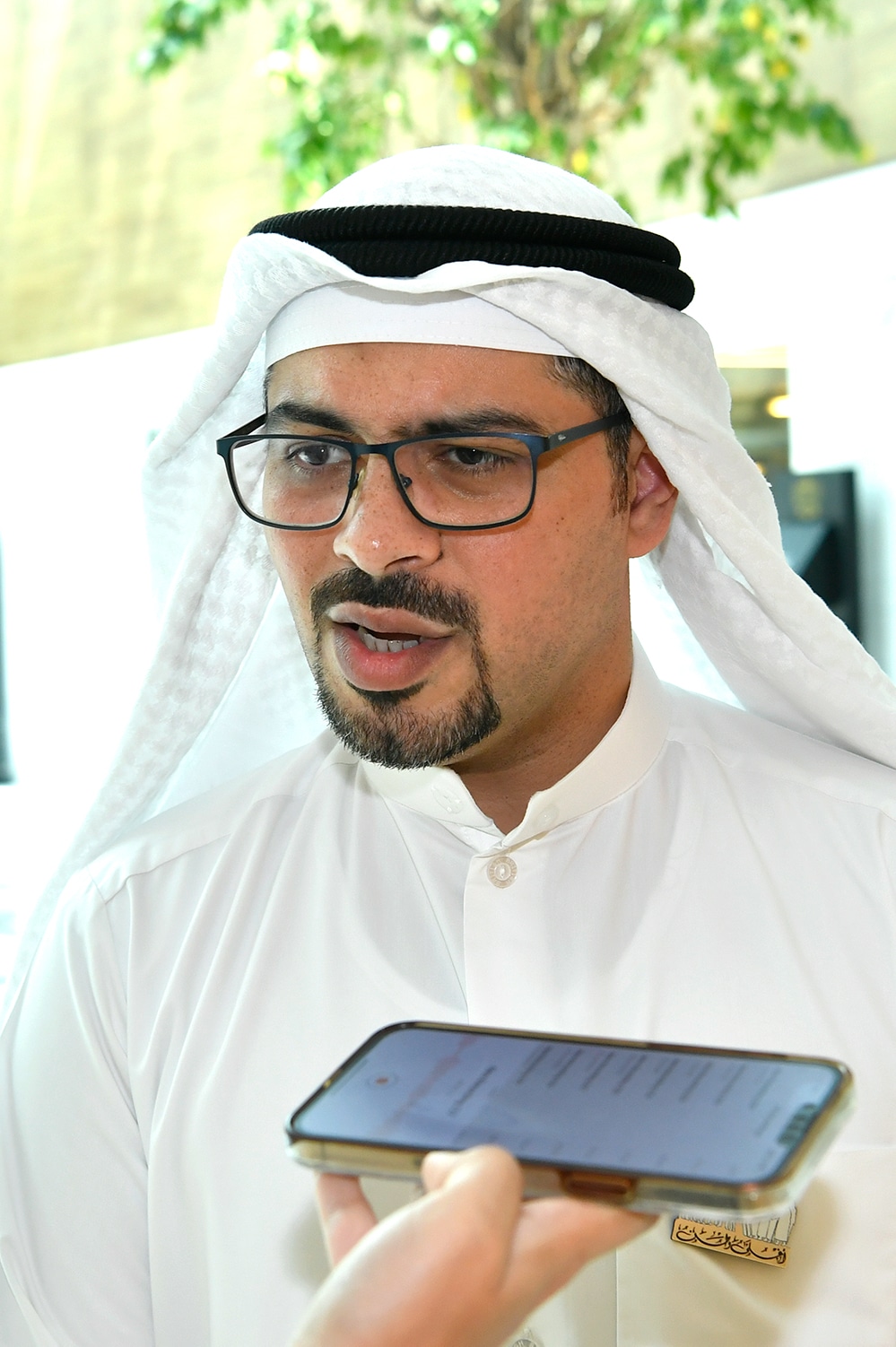
She stressed that the invasion was not an issue that affects Kuwaitis only, but rather an issue of Arabism in which the separation borders were abolished, adding that she and her family lived and grew up in Kuwait and did not skimp on seeking to give back to this country. It is noteworthy that the Salam Palace was completely destroyed during the Iraqi occupation of Kuwait in 1990 and looted and obliterated until a proposal was submitted in 2013 to restore it by the Minister of Amiri Diwan Affairs and Chairman of the Supreme Committee for Cultural Centers on the need to establish a museum that collects the history of Kuwait.
The Museum (Salam Palace) was completed after years of hard work to include under one roof several wings, including the section concerned with the history of the Salam Palace and the history of Kuwait through its rulers, while another section includes the history of the civilizations that inhabited Kuwait. On April 29, 2019, the palace was inaugurated under the patronage and presence of the late Amir Sheikh Sabah Al-Ahmad Al-Jaber Al-Sabah, may God rest his soul, to form a unique historical, civilized and architectural edifice that preserves and documents the history of Kuwait and deepens the concepts of pride in the homeland and simulates them for generations. -- KUNA

